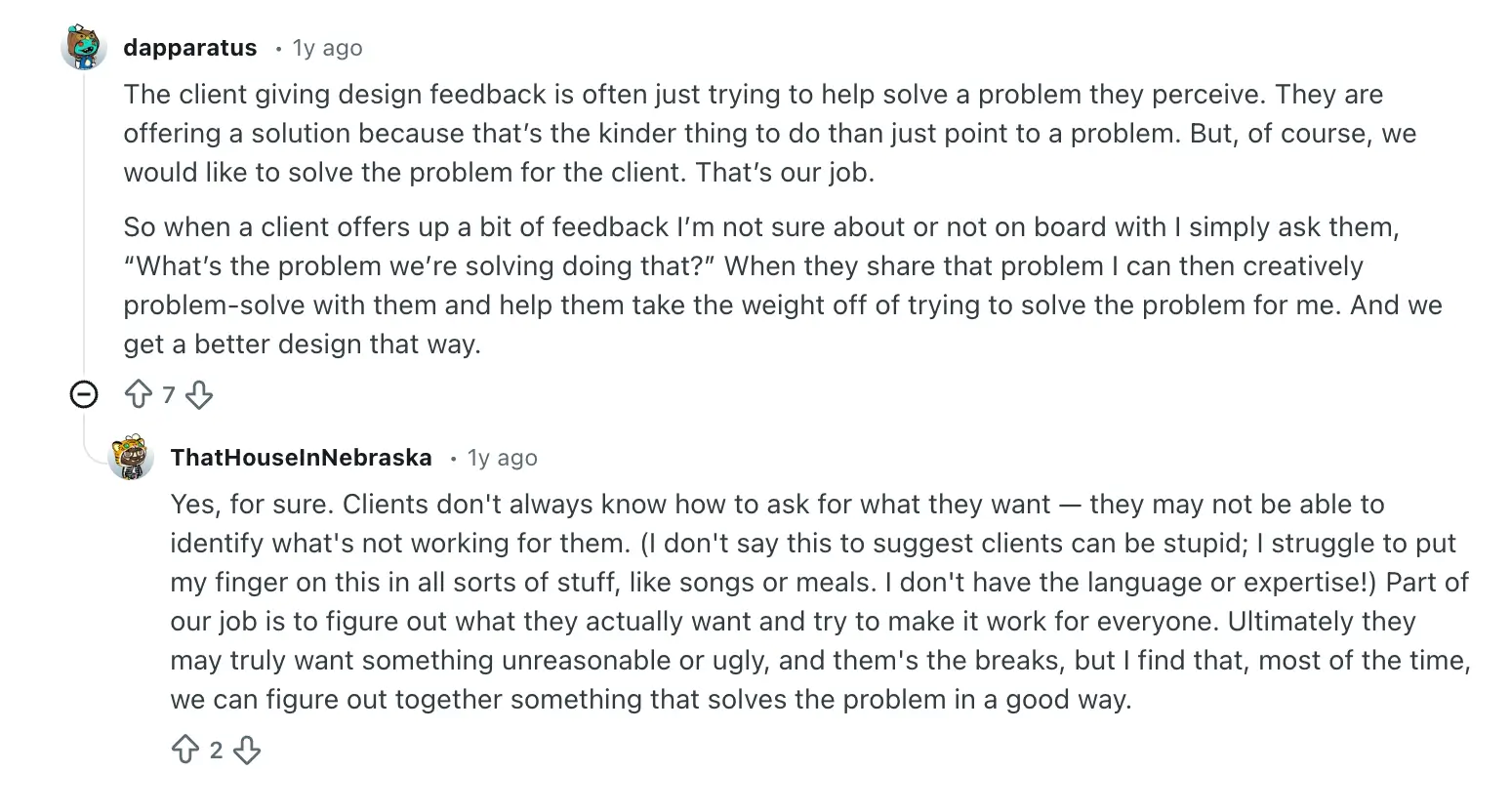How to Choose the Right AI Tool for SEO + Best Tools to Use
SEO
Apr 5, 2025
0 min
AI is transforming the way we approach SEO. It streamlines everything from keyword research and content optimization to technical audits and competitor analysis, helping teams boost visibility more efficiently. Yet with so many new tools available, choosing the right one for your needs can be a challenge.
Whether you’re a content marketer, SEO specialist, or business owner, the right AI SEO tool depends on your goals, experience, and the tasks you want to automate or enhance. In this guide, I’ll outline the main factors to consider when selecting an AI SEO platform and showcase five top tools worth exploring this year.
Why Use AI Tools for SEO?
The SEO landscape nowadays is more dynamic than ever. With algorithm updates becoming more frequent and search behaviors shifting, good SEO ranking tool free to use can help marketers keep up; by working smarter, not harder.
These tools for seo optimization are designed to speed up repetitive tasks, uncover deeper insights, and support data-driven decisions that lead to better rankings and content performance.
Here’s why AI tools for SEO have become essential in modern SEO workflows:
- Faster Research and Analysis: AI can analyze massive datasets in seconds - surfacing keyword ideas, search intent patterns, and competitor gaps far more efficiently than manual research.
- Smarter Content Optimization: AI tool for SEO can now evaluate your content in real time, offering suggestions to improve structure, readability, keyword usage, and topical relevance based on what’s ranking.
- Automation of Routine Tasks: From generating meta descriptions to clustering keywords or rewriting content, AI saves hours by handling the time-consuming parts of SEO.
- Predictive Insights: Some platforms use AI to forecast ranking potential, identify trends, or flag issues before they impact performance.
- Better Personalization and SERP Alignment: AI helps ensure your content closely matches search intent and adapts to changes in how users interact with results.
Top 5 AI Tools for SEO Worth Trying
Whether you’re optimizing existing content or building a strategy from scratch, AI tool for SEO can dramatically improve your efficiency and results. Below are some of the best AI tools for website SEO to consider - each offering unique features to support different parts of your workflow.
1. ContentShake AI

Best for: Writing SEO-friendly blog content quickly
ContentShake AI, developed by Semrush, helps marketers and content creators produce well-structured, optimized articles with minimal effort. It pulls real-time SEO data to suggest keywords, headlines, outlines, and full drafts based on what’s working in the SERPs.
Users can edit content within the platform or export it directly to their CMS. It's especially useful for teams producing content at scale or individuals looking to speed up their content pipeline without sacrificing quality or relevance.
2. Paige by Merchynt

Best for: Local SEO automation and strategy support
Paige is an AI-powered SEO assistant by Merchynt, designed specifically to help businesses and agencies improve their local search presence. It acts as a virtual SEO expert, providing weekly, personalized to-do lists based on your Google Business Profile and website performance.
Paige can recommend updates to listings, identify local keyword opportunities, and guide you on actions that increase visibility in Google Maps and local packs. It's especially valuable for local businesses, franchises, or marketers managing multiple client locations who want a hands-off way to stay on top of local SEO tasks.
3. HubSpot AI Tools

Best for: Teams using SEO as part of a broader content strategy
HubSpot’s built-in AI features enhance various stages of the content creation and optimization process, from blog idea generation and content planning to automated email subject lines and SEO-friendly metadata suggestions.
These tools work seamlessly within the HubSpot ecosystem, making them a great fit for companies already using HubSpot’s CMS or marketing hub. For those looking to align SEO with CRM, email, and content workflows, this is a powerful option.
4. Copy.ai

Best for: Automating high-volume SEO tasks
Copy.ai is a flexible platform that goes beyond copywriting - it can assist with keyword-rich product descriptions, blog intros, meta tags, and even content outlines for SEO.
With custom workflows, it’s easy to generate and manage SEO content in bulk, making it a valuable tool for ecommerce businesses, content agencies, or anyone juggling multiple projects. It’s also beginner-friendly and allows you to plug in your brand voice for consistent output.
5. Clearscope

Best for: On-page SEO and content scoring
Clearscope is a trusted content optimization platform used by SEO professionals and editorial teams alike. It analyzes the top-ranking pages for your target keyword and gives you a content grade based on keyword coverage, readability, and depth.
You can use it to refine existing pages or ensure new content is fully aligned with search intent. It integrates with Google Docs and WordPress, making it easy to apply recommendations in your existing workflow.
Don’t Replace Strategy with AI
AI tools can make your SEO workflow faster, smarter, and more scalable, but they shouldn’t replace strategic thinking. While platforms can generate content ideas, analyze SERPs, and even write full drafts, they still rely on human guidance to stay aligned with your goals, brand voice, and target audience.
Search engines continue to reward original, high-quality content that demonstrates expertise and relevance. That means your long-term success still depends on thoughtful planning, clear messaging, and a deep understanding of your audience’s needs.
Use AI as an assistant, not a replacement. The best results come when you combine machine efficiency with human insight, turning data-driven suggestions into meaningful action.
Conclusion
Choosing the right AI SEO tools isn’t about finding the flashiest features - it’s about matching the tool to your goals, workflow, and team. Whether you need help with content generation, optimization, or local SEO automation, there’s a growing range of platforms to support your strategy.
Start by defining what you want to improve, then test a few tools that align with your needs. Keep in mind that AI is most powerful when it enhances your process, not replaces it.
If you’re looking for help building a modern, SEO-friendly website, feel free to explore my portfolio. I specialize in professional Webflow and WordPress design - with a focus on clarity, performance, and long-term results.
.webp)













